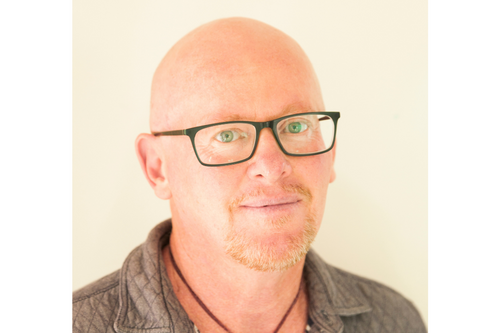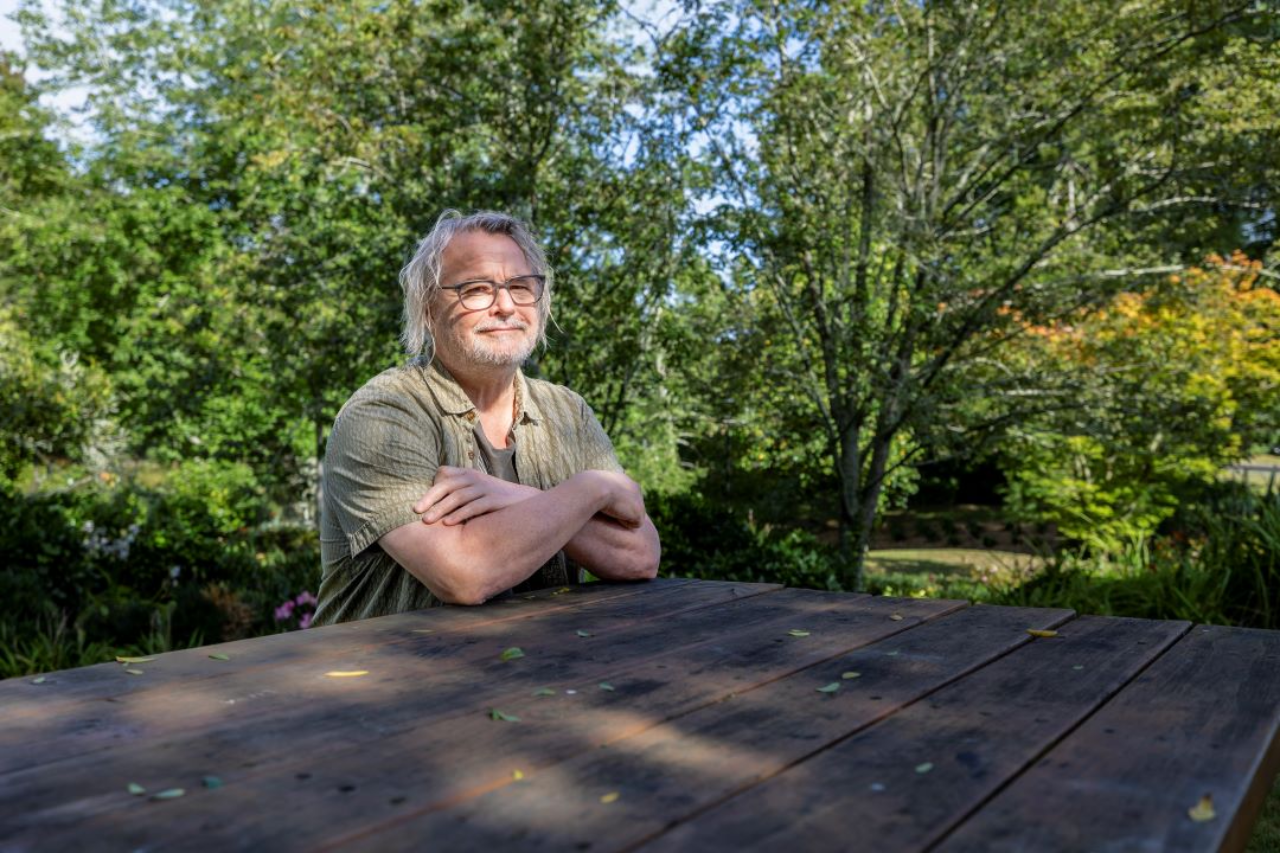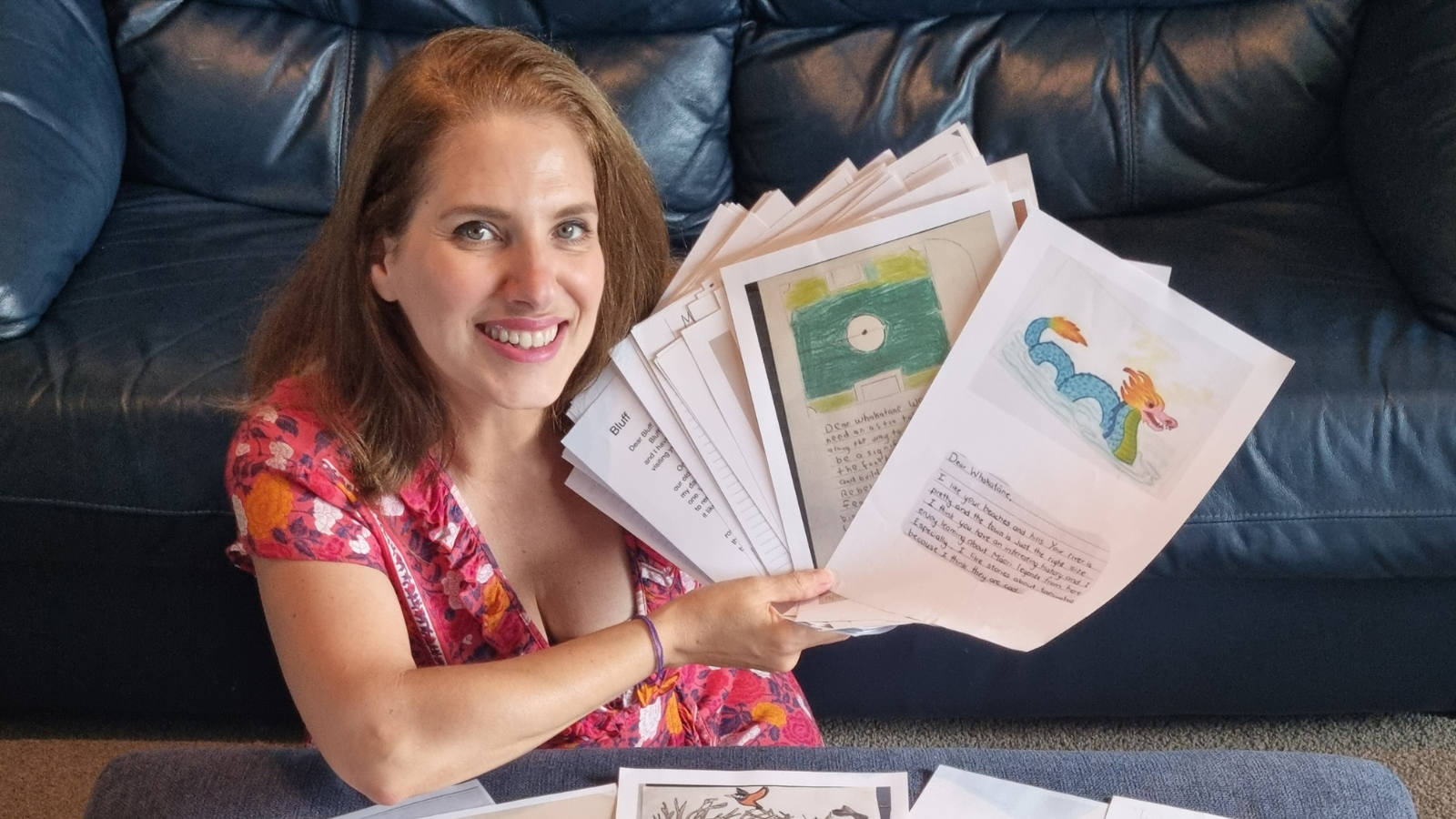The second Counting Ourselves survey is underway. It will be launched at Parliament today by Green Party Rainbow spokesperson Dr Elizabeth Kerekere, who is also an Associate Investigator for the study and co-chair of the cross-party Parliamentary Rainbow Network.

Jack Byrne, Co-principal Investigator and Senior Researcher for the Transgender Health Research Lab at University of Waikato
Director of the Transgender Health Research Lab at University of Waikato, Dr Jaimie Veale, says the project team is excited about the opportunity this will provide to start collecting longitudinal data about the health and wellbeing of trans and non-binary people in Aotearoa, measuring changes since the first survey held in 2018.
“The first survey in 2018 has been used to advocate for better healthcare for trans people and to change other laws, policies and practices to improve the lives of trans and non-binary people in Aotearoa,” Dr Veale says. “Completing this 2022 survey will tell us what has changed since then, including the improvements and ongoing challenges.”
Associate Investigator Ahi Wi-Hongi from Gender Minorities Aotearoa says data from the first report has been instrumental in progressing advocacy and is calling on the community to take part.
“Your experiences matter. Counting Ourselves is one the best tools we have for change,” Ahi Wi-Hongi says. “Participating in the survey is the number one priority for us right now. It's so important to know what's happening in our communities.”
Associate Investigator Phylesha Brown-Acton says: “Being counted means there is no longer any excuse to make us invisible or leave us behind”.
Associate Investigator Dr Kerekere says it’s a unique opportunity for the Māori trans and non-binary community to be heard.
“Counting Ourselves has been invaluable research for our takatāpui and Rainbow communities, as well as for allies of trans and non-binary people,” says Dr Kerekere. “I hope many Māori who are trans or non-binary will bring your voice to this updated survey to help rebuild the Whare Takatāpui – the place of health and well-being for our people.”
Co-principal investigator and Senior Researcher Jack Byrne says the 2022 survey provides the opportunity to collect new data and identify whether further action is needed.
“It will give us the first ever data on the impacts of COVID-19 on our communities, and what conversion practices against trans and non-binary people look like, including the support needed to stop this harm occurring,” says Jack Byrne. “Community leaders helped create new questions about what it means to be not only trans or non-binary but also Māori, Pasifika, from an ethnic community, a refugee or asylum seeker, or Deaf or disabled”.
Associate Investigator Dr George Parker, who will also be present at the launch, says the ability to measure improvements and identify gaps is vital to making progress.
“Counting Ourselves is such an important opportunity to build a national picture of the health and wellbeing of our communities in Aotearoa. It makes trans and non-binary people visible and provides critical insights to support policy makers and service providers to make changes our communities need,” Dr Parker says.
About the survey
Counting Ourselves is an anonymous online survey about the health of trans and non-binary people living in Aotearoa New Zealand. It was designed by and for trans and non-binary people collecting information that we hope will improve the lives of people in our communities, by showing us:
- how well trans and non-binary people are doing in our mental health and physical health compared to the rest of the population
- the stigma, discrimination, and violence we experience as trans and non-binary people, including when that is compounded by racism or ableism
- any barriers to accessing gender affirming care, such as hormones and surgeries, that we might face
- our experiences in doctors’ clinics, hospitals, and other healthcare settings, which could be for gender affirming care or when we see someone about our general health needs
The 2022 survey also has new sections focused on priority issues identified through consultation with trans and non-binary people, including:
- the impact of COVID-19 on trans and non-binary people
- gender identity conversion practices including the types of support people have required and whether they received that support
- harassment and sexual violence trans and non-binary people experience
- the lives of Deaf and disabled trans and non-binary people
- the specific experiences of trans and non-binary people who are Māori, people of colour or from ethnic communities and
- the reasons why trans and non-binary people born overseas have come to live in Aotearoa and the types of formal NZ identity documents they hold.



